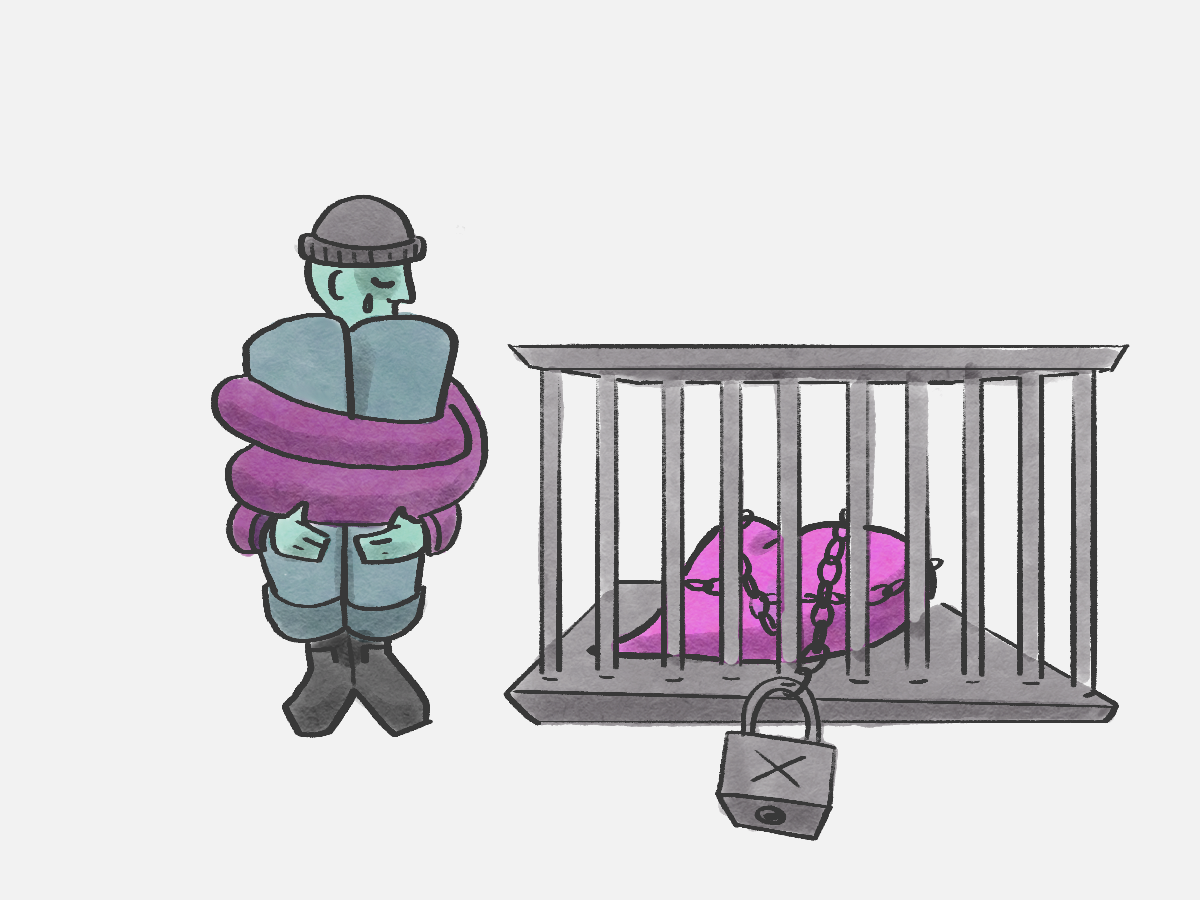A surge in demand and a lack of staff for mental health services at Concordia has contributed to students being refused access to services, but who’s to blame?
Concordia students who are seeking services provided by the university are getting declined due to high demand and limited staff. Amid the pandemic, the university has experienced an uptick in admissions, especially towards mental health services. Regardless, an overwhelmingly high number of students who apply are getting refused, prompting demands for the university to be more transparent when attempting to seek out help.
In a response sent to The Concordian, Gaya Arasaratnam, director of campus wellness and support services, explained why this is occurring. “Towards the end of last year and the beginning of this year, Counselling and Psychological Services (CPS) saw a large demand for mental health services.” According to Arasaratnam, CPS does refer external resources to students who get refused.
Rosie McDonald, a fourth-year student doing a specialization in women’s studies, is one of the many students who were refused from CPS. The stresses of the ongoing pandemic and school prompted her to request for CPS thinking that she applied early enough before her situation would deteriorate into an emergency. After applying for a triage appointment in September 2021 McDonald was refused service. Three days later she endured a heartbreaking loss making the refusal from CPS hit that much harder. “I was denied even a triage appointment during one of the absolute worst times of my life. Of course, they didn’t know that had just happened, but it felt significant,” McDonald said.
“Since my situation did become an emergency, I wound up finding a counsellor outside of Concordia, so I am getting some help now, but with absolutely no thanks to the school,” McDonald said.
Others are like Sam*, a third-year student in business technology management who applied to CPS, health services, and financial aid. Being from another province, Sam had no family doctor, and applied for health services but was referred by the wellness hub to apply for CPS.
“They made it seem like it was a guarantee I’d be admitted,” he said. Ultimately getting refused by CPS, Sam was met with abnormally long waiting times for both health services and financial aid. After pressing the CPS brought him to no avail, he decided to search for help elsewhere and was able to find counselling in his home province over the winter break.
“If I was not fortunate to have found external services, my well-being would have been catastrophic,” said Sam.
President-elect of the Canadian Counselling and Psychotherapy Association (CCPA) and full-time psychotherapist specializing in couples and family therapy Carrie Foster has seen an increase in people requesting therapy within her own practice. “From my own personal experience I would say demand has at least doubled, if not tripled amid the pandemic.”
For both Sam and McDonald, the stresses from the ongoing pandemic have made things more difficult, but they also attribute the pressures of succeeding in school as a focal reason to why they seek services like CPS. “It actually makes me so angry when they told me they weren’t able to offer me an appointment,” McDonald said. “If I’m not getting those sessions then what am I paying for? Let me put that money towards the actual help that I’m getting elsewhere.”
Privatized external services may be the only alternative to combat the staff shortage at Concordia. In the university’s response, Arasaratnam mentions that CPS does offer external resources to help students “We felt that it was important to offer other solutions to students rather than place them on a long waitlist. Referrals help expedite a student’s access to care without delay.”
“Concordia does have a lot of potential resources if you can’t access their services currently,” Foster said. However, the demand is so high, especially in the public sector, that any person seeking external help may end up on another waiting list. Like CPS, Foster recommends places like the Montreal Therapy Centre who offer a sliding scale rate for individuals, couples, or families seeking therapy at a lesser cost.
A Problem Bigger Than Concordia
The problem, according to Foster, doesn’t fall purely on Concordia’s shoulders; it’s due to a mix of high demand for mental health services and the varying cases CPS deals with on a daily basis. “In reality they [CPS] have a large population they need to serve and if somebody has a long-term issue that needs long-term services, they just don’t have that capacity.” Services at Concordia cost $10.26 per credit, of which individual resources like CPS only receive a fraction.
Foster believes that the public health system must modernize to properly accommodate mental health. “The CLSC and the CIUSSS, and all sorts of governmental health institutions all have waiting lists,” Foster said. “Until we see mental health at par with physical health and start covering it by our Medicare card, there’s always going to be an access issue because not everybody has the money to pay.”
“What happens is mental health services aren’t covered entirely like our health services are, and I think in there lies the rub.”
Graphics by James Fay
*We are using their preferred pseudonym.




